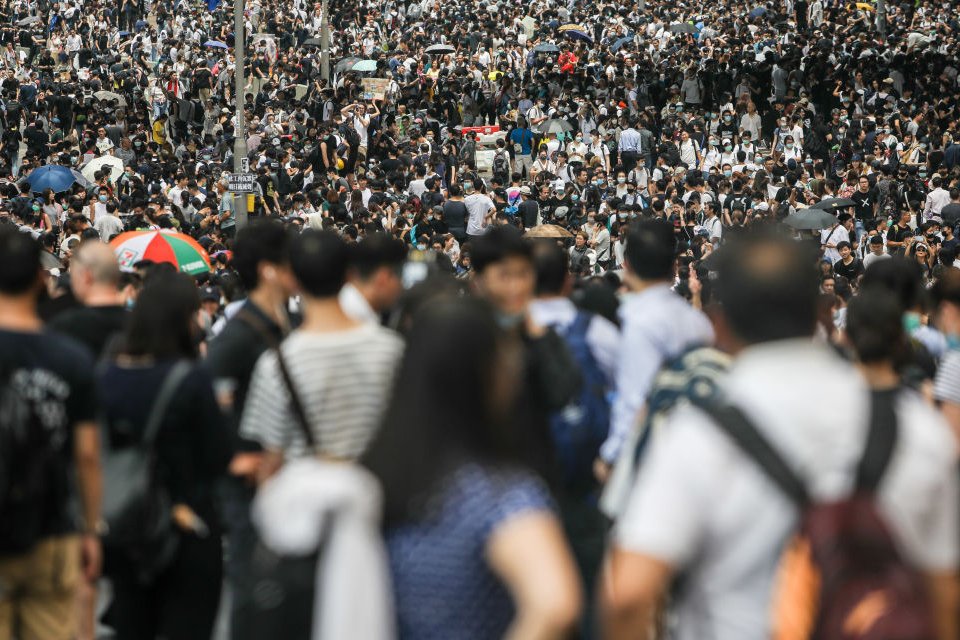Hong Kong protests and the Chinese-British Joint Declaration: Foreign Secretary's statement
Speaking in Parliament, Dominic Raab expressed the UK government's ongoing concern about the situation in Hong Kong and our support for the Joint Declaration.

I remain seriously concerned by the situation in Hong Kong.
Protests are now in their sixteenth week. Millions have exercised their right to peaceful protest. The majority are doing so peacefully and lawfully. However, I know the House will join me in condemning violence that we have seen on the streets of Hong Kong from a minority of those engaged in those protests. It is essential that protests are conducted peacefully and within the law, and that the response of the authorities are proportionate.
With that in mind the United Kingdom supports the ‘One Country, Two Systems’ model and framework, and of course the rights, freedoms and high degree of autonomy granted to Hong Kong and its people under the Chinese-British Joint Declaration.
That Joint Declaration was signed by the Government of the People’s Republic of China and Her Majesty’s Government in 1984, and the autonomy, the rights and the freedoms it guarantees enshrined in the Hong Kong Basic Law. It remains as valid today as it was when it was signed almost 35 years ago. It is a legally binding international treaty. And we expect China to live up to its obligations under that treaty and indeed as a permanent member of the UN Security Council under its wider international human rights law obligations and indeed the UN Charter.
Hong Kong protests and the Chinese-British Joint Declaration: Foreign Secretary’s statement
How to watch this YouTube video There's a YouTube video on this page. You can't access it because of your cookie settings. You can change your cookie settings or watch the video on YouTube instead: Hong Kong protests and the Chinese-British Joint Declaration: Foreign Secretary’s statement
The UK government believes that a resolution can only be achieved with meaningful political dialogue which builds trust with all parties on all sides. I welcome Carrie Lam’s formal withdrawal of the Extradition Bill on 4 September and indeed some of the incremental steps that she has taken to improve the credibility of the Police Complaints Council. The initiative this week from the Hong Kong Government to consult with the people it serves will be a first step on the essential path towards a more inclusive political dialogue, one which builds trust with all communities in Hong Kong.
In recent weeks, Mr Speaker, I have spoken both to the Hong Kong Chief Executive, Carrie Lam, and to the Chinese Foreign Minister, State Councillor Wang Yi. I made clear the UK’s continuing support for the “One Country, Two Systems”. But I have also made clear our concern about human rights and in particular the mistreatment of those exercising the right to lawful and peaceful protest. And the concerns of those peaceful protesters should be addressed by political dialogue, not crushed by force.
I have also spoken to a wide range of my counterparts internationally and I welcome the strong statements from our international partners. The Prime Minister raised Hong Kong at the recent G7 meeting, where all G7 partners reaffirmed the importance of the Joint Declaration and called for an end to the violence.
We will continue to engage with Hong Kong and Chinese the government, reiterating the fundamental importance of upholding the UK-Chinese Joint Declaration. Hong Kong’s high degree of autonomy is what guarantees its future prosperity and success. It is incumbent on all sides to respect it.